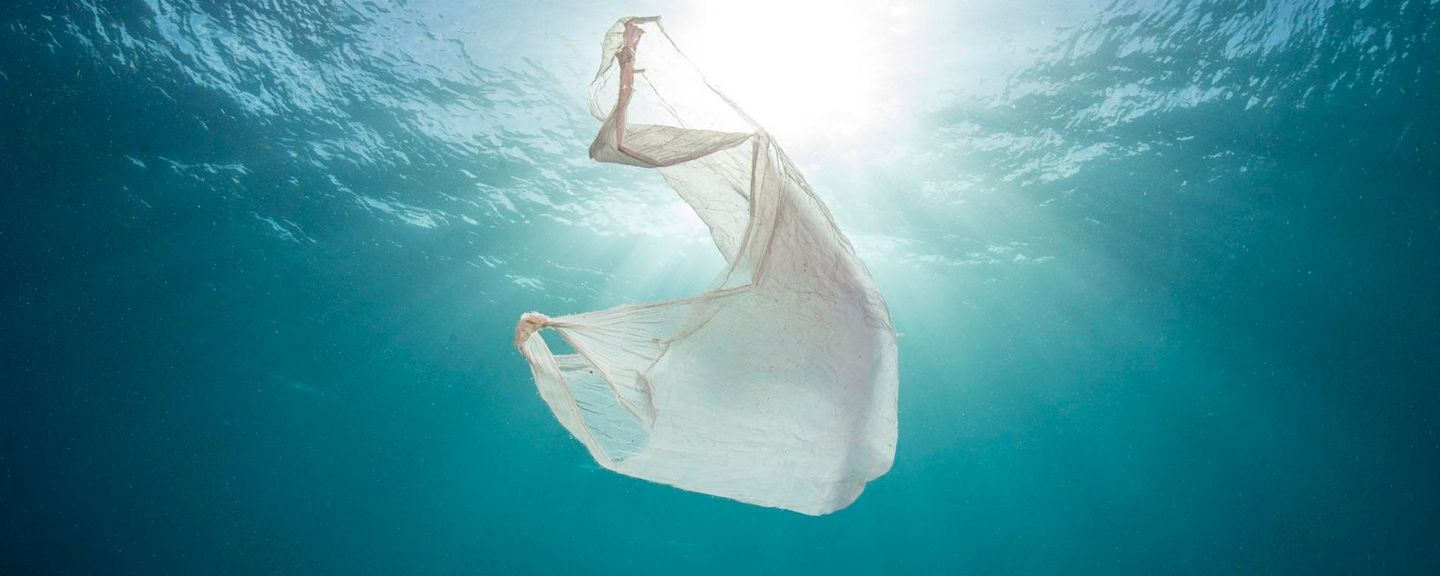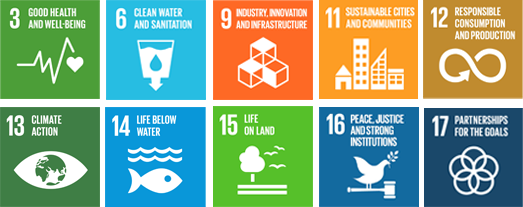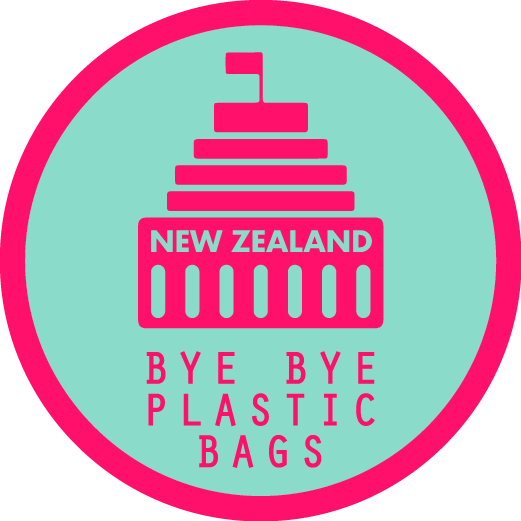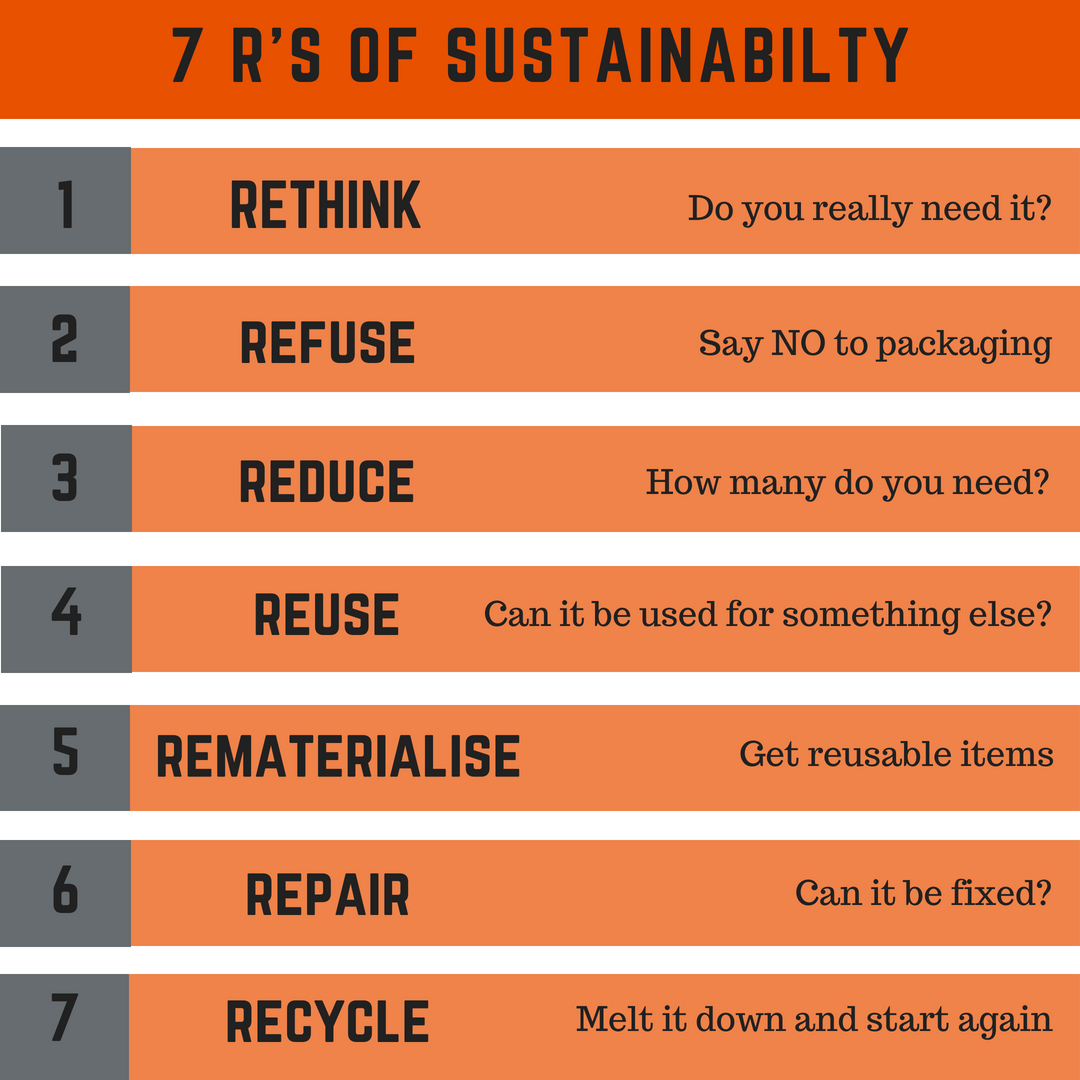Waste Not

Turn the single-use consumption tide


Plastic, invented in the late 19th century, yet now we have produced 9.2 billion tons of the plastic globally. Of that, more than 6.9 billion tons has become waste. And of that waste 6.3 billion tons were not recycled.
Estimates on how long it takes plastic to completely biodegrade into its constituent molecules range from 450 years to never.
Roughly 40 percent of the 448 million tons of plastic produced every year is disposable, much of it used as packaging intended to be discarded within minutes after purchase.
Plastics are disposed of via burning, thus contributing to climate change, or they may sit in landfills. In the marine environment plastic is estimated to kill millions of marine animals every year. Nearly 700 species are known to be affected by it. Some are strangled by abandoned fishing nets or discarded six-pack rings. Other species of all sizes, from zooplankton to whales, eat hard and soft plastic and, unknowingly microplastics, and enter into the food-chain.
Turning the Tide
With the explosion of the plastic waste problem there is now a global explosion of attention to it and serious efforts to address it. Since 2014 this includes: Kenya joined a growing list of nations that have banned plastic bags, imposing steep fines and jail time on violators. France said it would ban plastic plates and cups by 2020. Bans on plastic microbeads in cosmetics take effect this year in NZ, the U.S., Canada, the U.K., and three other countries. The industry is phasing them out. Corporations are responding to public opinion.
New Zealand is currently now well behind the rest of the world in the move to get rid of single-use plastic. This lack of regulatory intervention has meant an increase in use over the last decade. Via our 'Bye Bye Plastic Bags NZ' campaign and "Ban The Bag" approach to the NZ government JGINZ is hopefully of seeing a change, from our government, businesses and individuals.
What difference will you make to turn the tide on plastic?

Bye Bye Plastic Bags
Harming our planet and it's inhabitants. Time to say Bye Bye Plastic Bags!

No Waste November
One month. One commitment. Making a difference for animals, people and our planet.
Take Action

6 easy changes.
Inspiration to make some changes with some facts about plastic.
Confused? Learn more about the good, the bad and the ugly of plastics.
Refuse
One of the easiest things you can do to make a difference to the negative impacts your consumption is having is simply to say 'no' to single-use items.
Refusing plastic bags, coffee cups, straws, unnecessary single-use packaging, plastic cutlery, coffee pods and instead utilising your own reusable items can help make a really positive difference for a sustainable planet.


Find & Use Sustainable Alternatives
- Reusable carry bags
- Reusable coffee cups
- Metal straws
- Reusable cutlery
- Reusable produce bags
... and more ... all needing less resources and producing less waste, and lessening your impact on the animals, people and our planet.